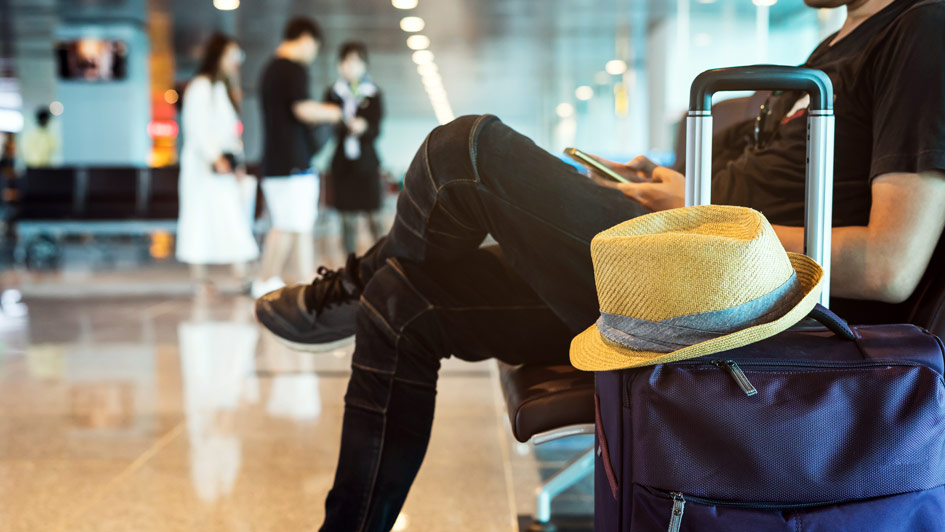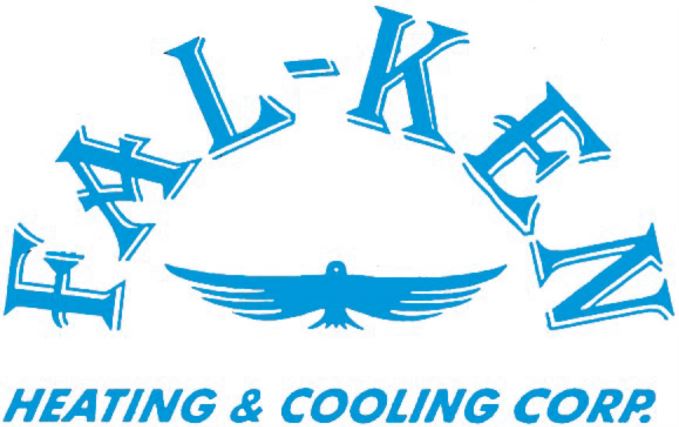
Between a much-needed vacation or a long trip for work, leaving home means making preparations for your heating and cooling system. You won’t be using it while you’re away, so you can make adjustments as needed to limit your energy use. Just the same, you don’t want to just turn it off for the entire time you're gone.
In general, it’s better to leave your HVAC system going and adjust the temperature depending on whether it's winter or summer. That way you can lower energy costs without stressing about coming back to an uncomfortable home. We’ll review why you shouldn’t turn your HVAC system off as well as the best thermostat settings for different times of year.
This Is Why You Shouldn’t Leave Your Thermostat Alone
While you might be inclined to shut your HVAC system down before a trip, this can end up stirring up costly problems by the time you get back. This is notably true when the weather will be severely hot or cold while you’re gone.
For example, switching the HVAC system off in the summer will sometimes cause very high humidity. Not only will your home feel muggy and uncomfortable when you return, but it might have also invited mold/mildew growth or pest infestations.
And during the winter, leaving the furnace off will sometimes lead to pipes freezing up or even bursting. It’s an awful feeling to get home from a nice trip only to discover extensive water damage near a broken pipe.
Energy-Efficient Thermostat Settings While at Work
You can optimize the temperature even if you’re coming and going to work. Since you’re away for around 8 hours or so, it doesn’t make sense to keep an empty home at the same temperature you’d usually have. In general, it’s recommended to raise the thermostat by 5 degrees or so. Meaning that if you prefer a comfortable 72 degrees, consider increasing it to 76-77 while you’re gone.
But you can save even more if you’re willing to further adjust the temperature. As reported by the Department of Energy, you might save nearly 10% on your HVAC spending by making an adjustment of 7-10 degrees.
Best Thermostat Settings While on Vacation in Summer
If you're on a lengthier trip in the hottest part of summer, you can make more significant adjustments. This helps you avoid using too much energy while still protecting your home from the hassles that come with leaving it without air conditioning. Around 5 degrees is appropriate for shorter trips while a larger adjustment of 10 degrees is ideal if you’ll be gone for 2 weeks or more. If you prefer keeping the house at 72 in the summer, 78-82 can offer beneficial results.
Recommended Thermostat Settings While On a Trip in Winter
To figure out the best thermostat setting for a winter vacation, just lower the temperature by the same amount you would adjust it in summer. 68 is a common winter thermostat setting, so lowering it to 63-58 will prevent ice from forming on pipes while limiting how frequently your furnace runs.
A Smart Thermostat Can Help: Perks of a Smart Thermostat
An ideal strategy to regulate your home’s HVAC system while away from home is by investing in a smart thermostat. This innovative type of programmable thermostat employs intelligent software to understand your usual comfort habits. It gradually understands these preferences and makes automatic changes to the schedule for better energy efficiency. And with Wi-Fi connectivity, you can remotely control your heating and cooling using a smartphone or tablet.
Smart thermostats are packed with features to help you save on your energy bill. For example, specific models can monitor electricity prices to bolster heating or cooling when prices are more affordable. They can also work with high-efficiency, variable-speed equipment to refine how long your HVAC system needs to run. It’s the optimal tool to enhance how you control your comfort system. If you’re thinking about investing in a smart thermostat, there are different ways you can bring down your costs, effectively getting a smart thermostat for free. The next time you leave for vacation, you can receive true peace of mind that your HVAC system won’t cause any trouble while you’re gone.
